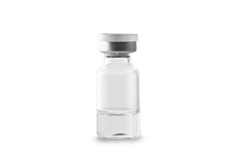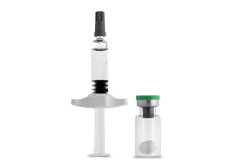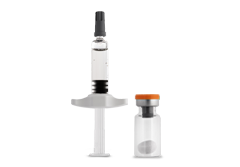Reproductive Medicine
The WHO (World Health Organization) considers infertility a disease. According to the various estimates available, infertility affects between 15% and 20% of couples in industrialised countries. Worldwide, some 90 million people have fertility issues, of whom 25 million in Europe, the continent in which the greatest use is made of artificial insemination and where the number of treatment cycles administered rose from 100 thousand in 1995 to 700 thousand in 2014.
In recent years, there has been a decrease in the fertility rate all around the world. Even in Africa, where it remains the highest, the number of births per woman slumped from 5.1 in the 2000-2005 period to 4.7 in 2010-2015.
Infertility has an indisputable social dimension and cannot be relegated, as is often the case, to a problem to be ashamed of that affects a minority of couples who are left to face their difficulties alone. Medicine now offers a range of Medically-Assisted Procreation (MAP) solutions.
The IBSA infertility treatment portfolio includes highly-glycosylated gonadotropins of human origin produced using a special purification process and progesterone in aqueous solution.









